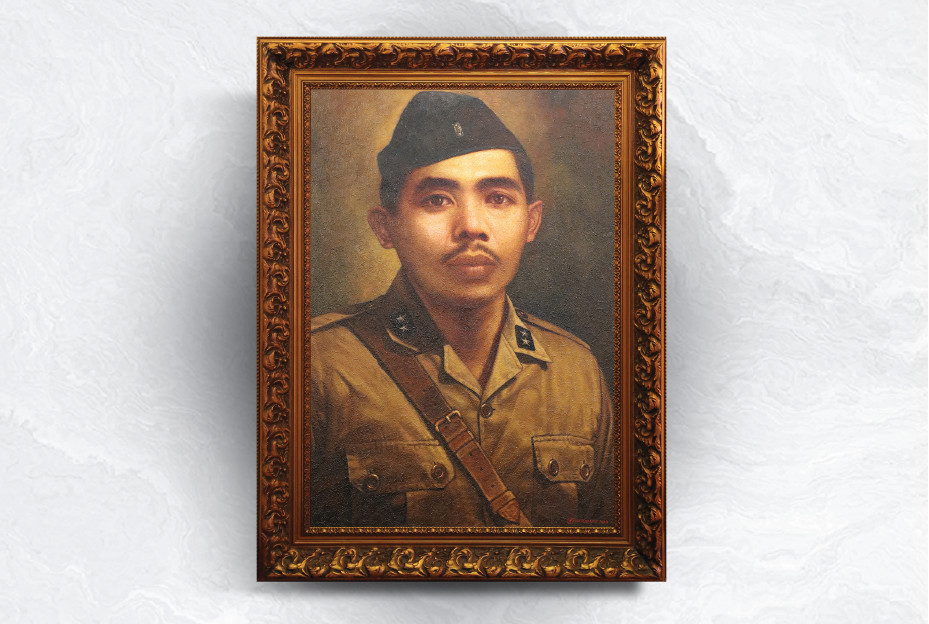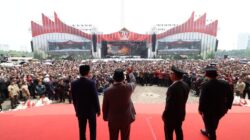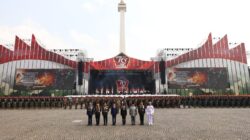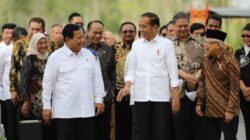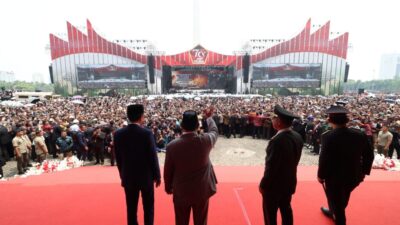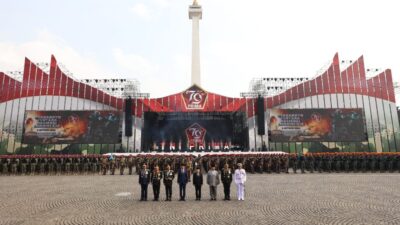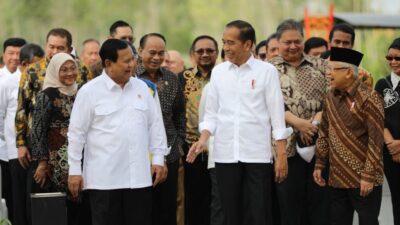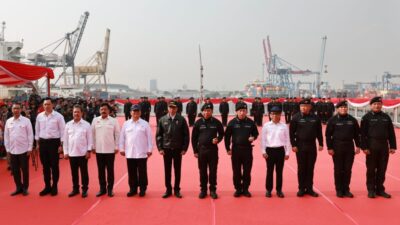By: Prabowo Subianto [taken from the Book: Military Leadership Notes from Experience Chapter I: Exemplary Leaders of The Indonesian Armed Forces]
Following the declaration of Indonesian Independence on August 17, 1945, I Gusti Ngurah Rai took the initiative to travel to Yogyakarta to meet with General Sudirman. During their meeting, he requested a mandate from General Sudirman to establish the Army of the Republic of Indonesia (TRI) in Bali and Nusa Tenggara, known as Lesser Sunda.
Upon his return, I Gusti Ngurah Rai began recruiting troops and launching attacks on Dutch outposts in Bali, which were established at the end of World War II. Since the Japanese occupation in 1942, he had already gathered Balinese youths under the Anti-Fascist Movement (GAF).
By September 1946, the Dutch launched an offensive, leading to the besiegement of I Gusti Ngurah Rai’s troops in Margarana Village near Ubud on November 19, 1946.
Despite receiving an offer from Dutch Infantry Captain JBT Konig to surrender and spare his army, I Gusti Ngurah Rai refused, emphasizing that the security of Bali was their responsibility and expressing his commitment to fighting against the Dutch invaders until they were expelled from the island.
Known for his unwavering resolve, I Gusti Ngurah Rai demonstrated his dedication to the cause of independence by rejecting any compromise with the colonial forces. The subsequent battle, known as the Puputan in Margarana, was marked by fierce resistance from the Indonesian forces led by I Gusti Ngurah Rai against the superior Dutch troops.
Ultimately, on November 19, 1946, after days of intense fighting, all TRI troops, including I Gusti Ngurah Rai and his Chief of Staff I Gusti Putu Wisnu, were martyred in the battle. Their sacrifice and steadfastness in the face of overwhelming odds continue to inspire future generations of the Indonesian Armed Forces.
I Gusti Ngurah Rai’s leadership, characterized by his personal example and dedication to the cause of independence, has left a lasting legacy in the annals of Indonesian military history.

